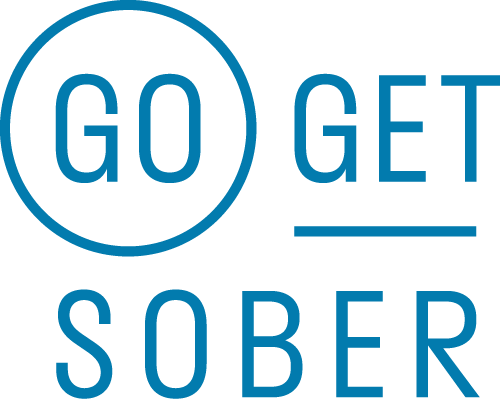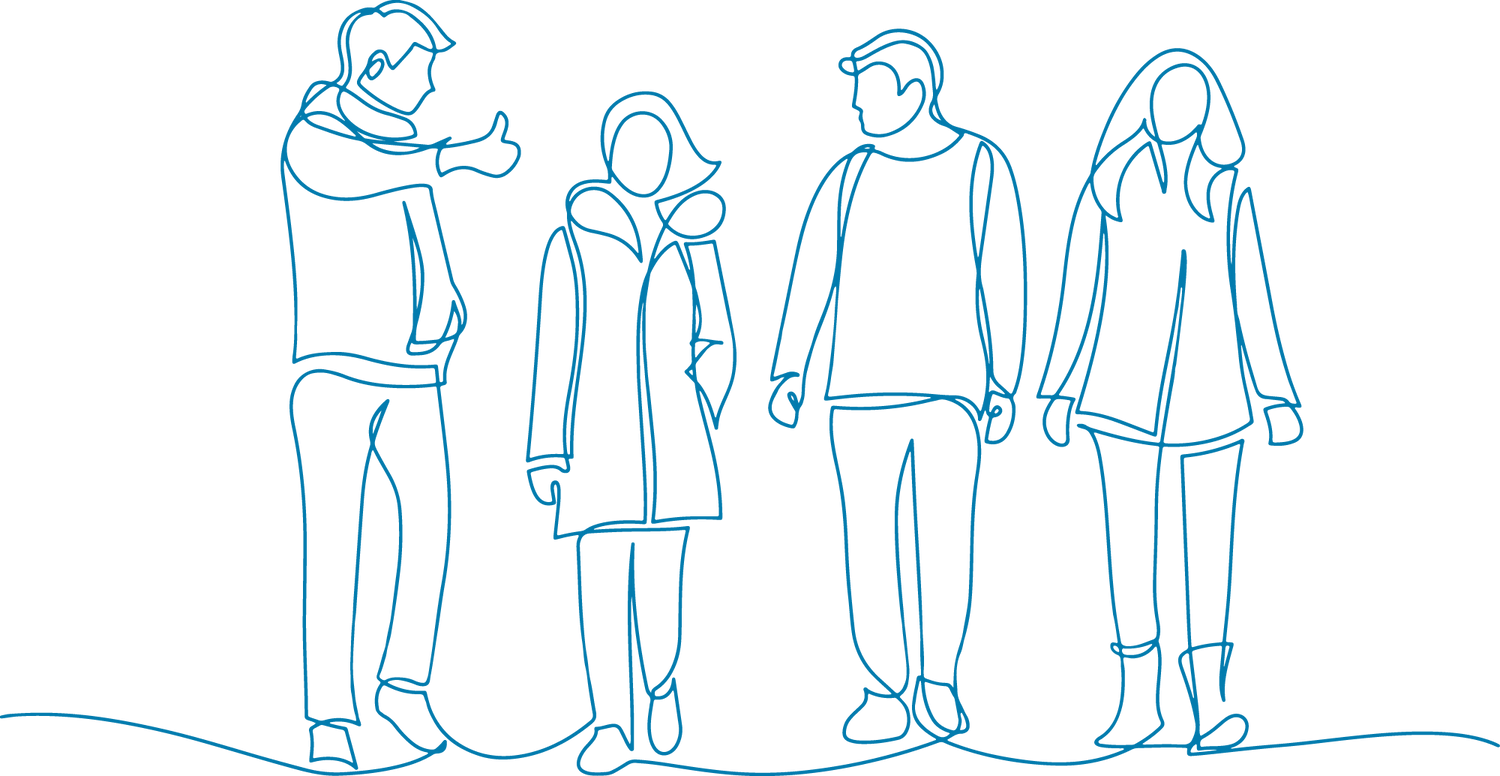Q: How do I deal with my EUPD without alcohol? I’m scared the alcohol was the only thing helping me get time out of my own head and my mood’s up and down like anything without it.
A: Hi Chris, thanks for getting in touch with your question. This is a really useful one because it brings the whole issue of alcohol and mental health into the conversation.
For people who might be reading this and don’t know, EUPD is Emotionally Unstable Personality Disorder, also known as Borderline Personality Disorder.
Chris, you’ll know much more about treatments, supports and strategies that you can use to manage this than I can tell you. I’m not a doctor or a trained medical professional and so can’t give you any medical advice. What I can do is tell you that it’s extremely common for people with EUPD to also develop an unhealthy or abusive relationship with alcohol because they’re trying to escape from the intensity and distress of their emotions or get time out from their own heads like you.
Alcohol seems like a good “medicine” because it can give instant relief from some EUPD symptoms. However, when people use it to regularly self-medicate, it can end up feeling like they’re dependent on it to manage their moods. In the long-term, alcohol actually aggravates these symptoms and can intensify any already extreme emotions. In fact, with any mental health issue, from depression to psychosis, although alcohol can feel like it’s helping in the moment, it’s likely to be doing more damage and making things worse. Whatever relief people feel in the moment is often replaced by worse symptoms the next day when the hangover, irritability, stress, anxiety, lack of good quality sleep kicks in and compounds the problem. And, of course, over time, as people’s tolerance to alcohol grows, the quantity they need to drink to achieve the same effects increases. This means that more damage is done to the brain’s functionality through the increasingly higher amounts of alcohol being consumed on a regular basis.
When you decide to stop drinking after you’ve been using alcohol as a “medicine” all this time, you need to find alternative strategies that help you get time out your own head and to level out your moods. If you don’t plan and get alternative strategies in place, the distress and discomfort you might feel when you don’t self-medicate as normal could lead you to sabotage your sobriety – it can just all become too difficult.
Like I say, you’ll know much more about treatments and strategies than I do but I have put a link here to a useful document that lists all the different ways you can deal with managing your EUPD. Pages 4-6 offer suggestions for strategies you might want to explore. I know that some people find mindfulness and meditation help them to manage their symptoms and can do a similar job to alcohol and drugs but you’ll need to discuss the best options for you with your doctor or specialist and keep them informed about what you’re doing if you haven’t already. Just make sure you plan alternative ways of doing the job that alcohol used to do so that you make life easier on yourself.
Chris, I’m full of admiration for your courage and strength of mind, not only in taking the step to stop drinking but also in reaching out and asking your question.
Stay in touch and let me know how you get on.
Jo

